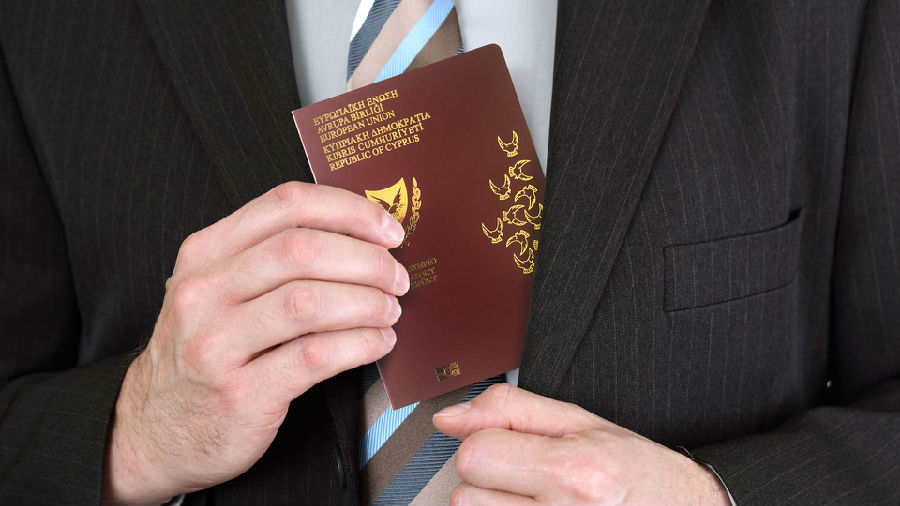Some EU countries, particularly those with large diasporas, dish out the burgundy like a wine wholesaler at Christmas. Ireland allows anyone with an Irish grandparent to claim Irish citizenship. Given Irish enthusiasm for emigration, this leaves an uncountable number of potential Irish abroad. In Britain alone, an estimated 6m people would qualify for an Irish passport. That is about 20% more than live in Ireland, and thanks to Brexit, many have good cause to apply for one. Italy is even more generous to its diaspora. Anyone with a male Italian ancestor has a shot at an Italian passport. Along the patrilineal line, there is no upper limit, so the right goes back to 1861 and the creation of Italy. (The rights of descendents of women only start in 1948.) Between 1998 and 2010, 1m people obtained an Italian passport in this way. According to one estimate, 60m potential Italian citizens lurk around the globe. (However, many have settled in even richer places, such as America, and are unlikely to return.)

Passports can be given out for political purposes. Hungary’s prime minister, Viktor Orban, has been the most cunning in this regard. After the first world war redrew eastern Europe’s borders, ethnic Hungarians were left scattered across neighbouring countries, such as Serbia and Romania. Mr Orban’s government has eased citizenship rules in an attempt to naturalise and enfranchise 1m of them. Between 2011 and 2016, 180,000 new Hungarians were created every year—more than the number of naturalisations in France and Germany, according to Yossi Harpaz in “Citizenship 2.0”, a book on dual nationality. Anyone who can trace lineage back to the right part of the Austro-Hungarian empire and is willing to learn Hungarian—a notoriously difficult language—can claim a passport. (Predictably, Hungarian language schools have popped up across Serbia.) The strategy has worked: when these new Hungarian citizens vote, they overwhelmingly support Mr Orban.
译文由可可原创,仅供学习交流使用,未经许可请勿转载。













